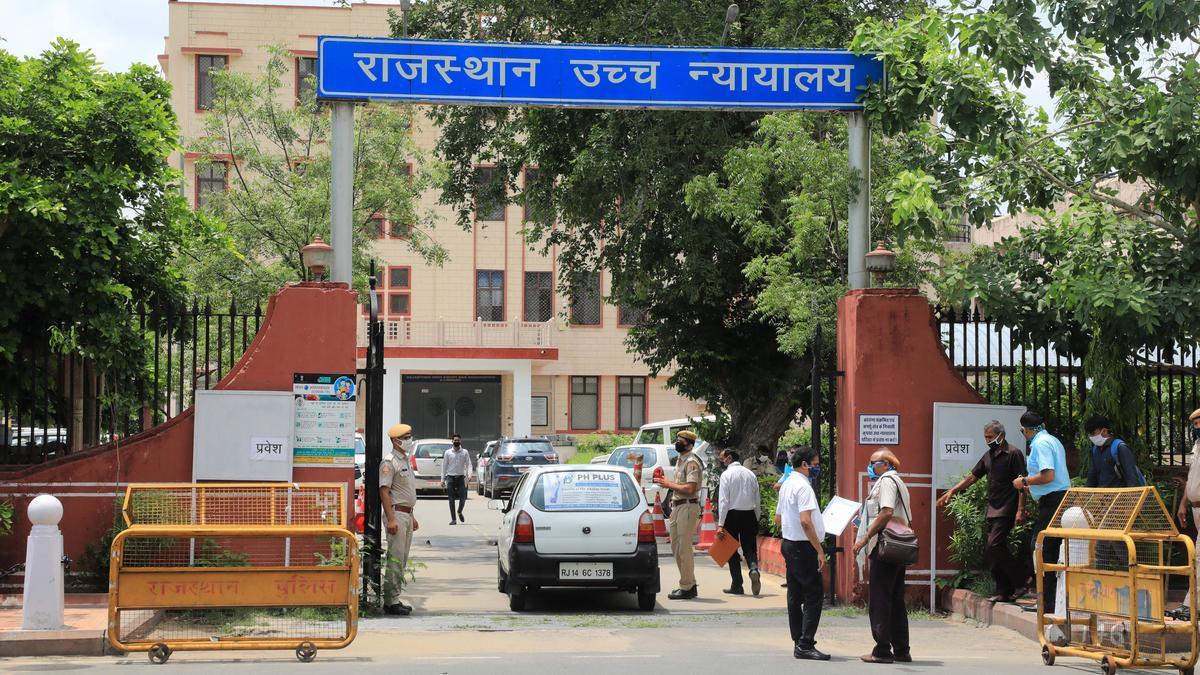Now Reading: Kerala to Push for Extended GST Compensation at Council Meet
-
01
Kerala to Push for Extended GST Compensation at Council Meet
Kerala to Push for Extended GST Compensation at Council Meet

Speedy Summary
- KeralaS Position: Kerala plans to advocate for the continuation of GST compensation to states at the upcoming GST Council meeting.
- Key Concerns: The state government fears a revenue loss due to proposed reforms in the GST tax structure and U.S. tariffs on exports like spices and seafood. Kerala estimates its revenue loss could range between ₹8,000 crore to ₹9,000 crore annually.
- Impact Areas:
– Reduction of automobile sector tax from 28% to 18% may lead to an annual loss of ₹1,100 crore for Kerala.
– GST exemptions on insurance premiums could reduce Kerala’s revenues by ₹500 crore.
– Increase in lottery taxes from 28% to 40% may severely affect the livelihood of over two lakh peopel dependent on State lotteries.
- Broader National Impact: Union government’s projected revenue loss from proposed reforms is pegged at ₹60,000 crore, but other assessments suggest losses could reach up to ₹4 lakh crore across India.
- Concerns over Exports: The reciprocal and penal tariffs announced by the U.S.,coupled with GST changes,heavily impact sectors like spices and seafood crucial for Kerala’s economy.
- political Criticism: Kerala Finance Minister accused central reforms of serving foreign interests rather than reducing domestic tax burdens.
Indian Opinion Analysis
The demand for continuing GST compensation highlights a deeper fiscal challenge faced by States after enduring economic setbacks caused by COVID-19 and external trade disruptions. For resource-dependent states like Kerala,revenue stability appears critical not only for maintaining welfare schemes but also protecting industries reliant on taxation structures such as lotteries or consumer goods.
The proposal for restructuring existing four-tier slabs into two has sparked apprehension about whether such changes have been adequately studied before implementation. A potential annual shortfall of up to ₹9,000 crore underscores just how vulnerable regional economies remain if federal policies don’t account for diverse state-specific contexts.
Moreover, concerns around U.S.-imposed tariffs reveal significant external pressures that India’s export-driven states grapple with amid policy shifts internally in taxation regimes-raising questions about safeguards necessary during international trade disputes.
Moving forward into thes discussions within the GST council meeting framework will likely require balancing national reform goals against microeconomic impacts at local levels-a pivotal space where mutual understanding among stakeholders can mitigate divisive economic shocks while enabling systemic improvements long-term.
Read more: Indian Opinion Source Link
























